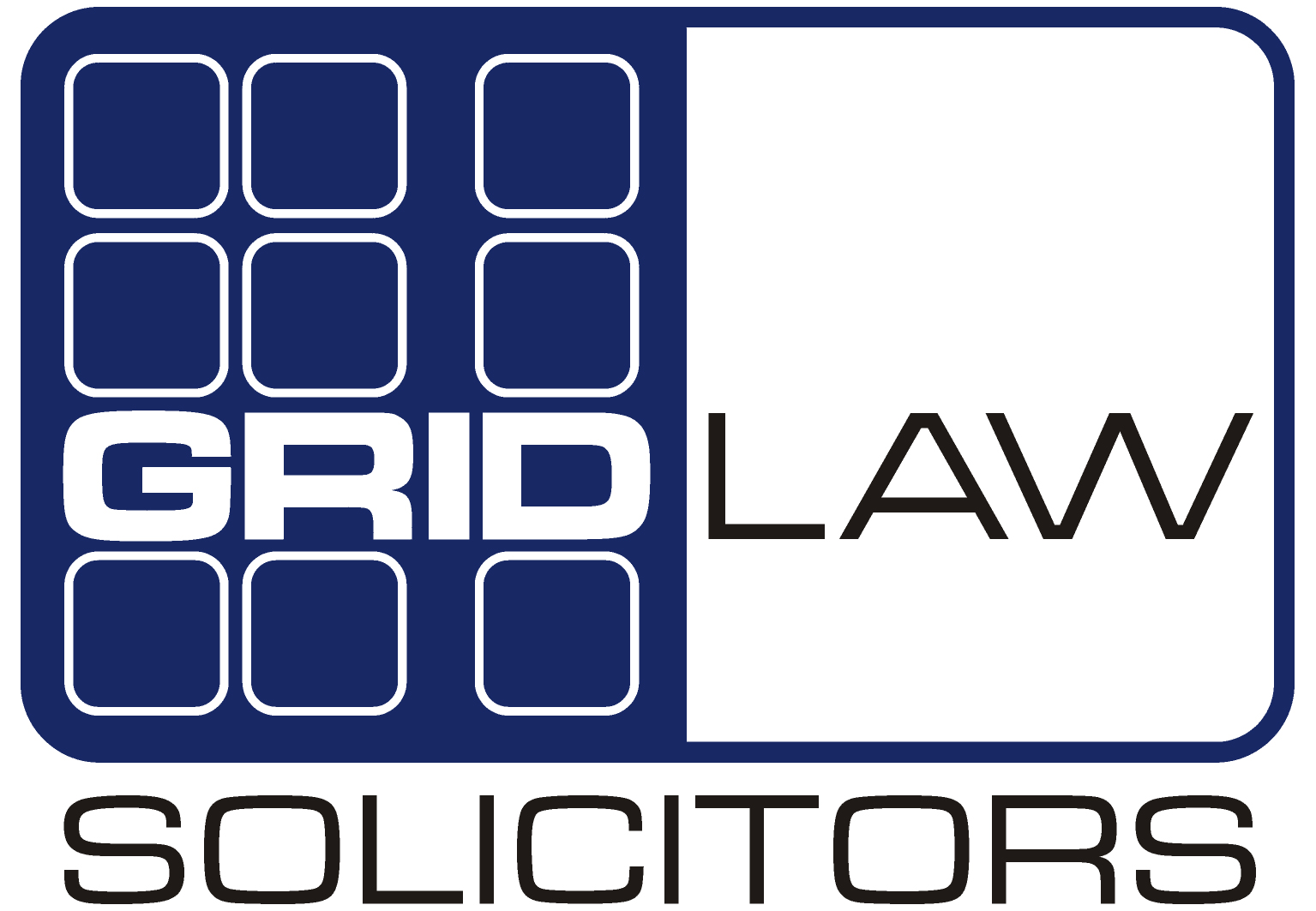
There’s always a great deal of debate about the value of confidentiality agreements (or NDA’s / non-disclosure agreements as they’re sometimes known). Some people (usually the owner of the idea or information) will insist on a confidentiality agreement being signed before discussing anything. Others (usually the one receiving the information) will point blank refuse to sign anything.
So who’s right?
To decide, we first need to understand what confidentiality agreements protect, and second when it is and isn’t appropriate to use them.
What do confidentiality agreements/ NDA’s protect?
A confidentiality agreement protects confidential information.
This may sound obvious, but not all information is confidential. Examples of confidential information may be your business plans, details of new technology you have invented or financial information about your business. If the information has already been made public it’s no longer confidential and you cannot make it confidential again by asking someone to sign a confidentiality agreement.
Sometimes it’s not always clear whether your information is confidential. Take for example your client database. It may contain names, addresses, email addresses, purchase history and many other details about your clients that are all available publicly. However, the very fact that all of this information has been collated and brought together into a defined resource could make the information confidential because it would be difficult for a member of the public to pull it all together.
When should confidentiality agreements/ NDA’s be used?
There are many situations where it may be appropriate to enter into a confidentiality agreement. For example, if a prospective client knows you work for one of their competitors, they may require you to sign an NDA before discussing the services you could offer them. They may be concerned about disclosing sensitive information to you that could be used to yours or your existing client’s advantage.
Alternatively, you may be considering buying a business (or selling yours) and a confidentiality agreement will almost certainly be signed before negotiations can take place.
Often, if you approach someone with an idea for a new business, or even a new product or service for your business they will be reluctant to sign your NDA. If this happens, you may wonder why or even question their trustworthiness so it’s important to understand the reasons behind this decision.
First, you have to ask whether the information you are protecting really is confidential.
Second, large companies are often reluctant to sign confidentiality agreements because they may be working on similar ideas internally. If they are, you could potentially stop them from developing these ideas further.
So, if someone refuses to sign your NDA, what should you do?
Should you walk away?
Should you disclose the information without a confidentiality agreement being signed?
I’ll give you some ideas on how to handle this situation later.
However, there’s one situation where you must have a confidentiality agreement signed before disclosing information. That’s when you have invented a new piece of technology and you want to obtain a patent for it.
The law is very clear here. If you disclose the technology without having a confidentiality agreement in place, you won’t be able to obtain a patent for it. This could have very serious consequences for your business because without a patent you may not be able to stop competitors from copying your technology and selling it in competition to you.
What should you do if someone refuses to sign your confidentiality agreement / NDA (or if you don’t want to sign there’s)?
Before a dispute or stalemate arises which could damage the relationship, it’s important to take a step back. You need to be very clear about what information is being disclosed, whether it’s confidential or not and what restrictions are being placed on its use.
In my experience, as a solicitor, during the course of negotiations both confidential and non-confidential information will be disclosed.
Therefore, you can start by discussing non-confidential information. This means you could discuss your idea in general terms without disclosing specific details to see if there is a willingness for both parties to work together.
If there is, and it becomes clear that there is confidential information that needs protecting for solid commercial reasons, there will usually be less resistance to signing the confidentiality agreement.
If, after the initial discussions have taken place, it becomes clear that the relationship isn’t going any further then nothing has been lost.
What should be contained in a confidentiality agreement?
As much as some people will refuse to sign an NDA, others will sign anything without giving it any consideration. They see “Non Disclosure Agreement” written across the top and think that signing it is just a formality.
This can be a dangerous strategy, because you’re entering into a legally binding contract and if you breach it, the consequences could be serious.
Therefore, you must read and understand what you are signing. If you are unsure of anything, then please take professional advice (we are always happy to help).
The first thing you should look at is the definition of confidential information and the purpose for which it can be used. There is normally a restriction that the information can only be used for the purposes for which it is disclosed. For example, you may be permitted to use the information to evaluate an opportunity for the parties to work together, but nothing else.
There are usually exceptions to keeping the information confidential. For example, if you have to disclose the information as part of court proceedings, doing so shouldn’t put you in breach of the NDA. Also, you can usually disclose the information to colleagues and professional advisors so long as they agree to keep the information confidential too.
Sometimes there are time limits for how long the information is to be kept confidential. Other times the information must be kept confidential indefinitely. If the information is time sensitive and going to become public at a future date, it’s usual to place a time limit on the obligations so everyone knows where they stand. If there’s no time limit, it can be difficult to keep a track of ongoing obligations.
I sometimes see other provisions included in confidentiality agreements too. For example, there could be clauses giving the parties an exclusive period of time for negotiations.
Other times I have seen provisions regarding the ownership and transfer of intellectual property rights. It’s fine to have an acknowledgement that disclosing information doesn’t transfer any rights to it, but I would be reluctant to go further and have this agreement transfer any intellectual property rights. Provisions such as this would be better placed in a proper intellectual property assignment agreement or the service agreement you subsequently enter into.
What happens if there is a breach of your confidentiality agreement /NDA?
If you disclose confidential information to someone and they breach the terms of their NDA, you need to take action fast. It’s important that you don’t delay because the courts will want to see that this information is important to you and that you’re prepared to take action to protect it.
The NDA may be breached in two ways. First, the recipient of the information may make it public. Second, they may use it for a purpose you have not permitted.
If this happens, you may consider obtaining an injunction to prevent further unauthorised disclosure of the information or to prevent further unauthorised use of it.
Alternatively (or in addition to the injunction), you may seek compensation for your losses. This can be hard to prove as you would have to show the financial damage you have suffered and that it has been caused by the breach of the NDA. Obtaining evidence is therefore crucial.
If you can prove that the recipient has profited from their breach of the NDA you may be able to claim an account of profits from them.
So, are confidentiality agreements worth the paper on which they’re written?
Yes, they are.
However, they must be used in the right circumstances to protect the right information.
Before we finish, I would like to make a final point.
Confidentiality agreements are an essential tool to protect your confidential information, but remember, once confidentiality is lost, it’s lost. You can’t get it back so it’s important to do all you can to protect the information.
If you need a confidentiality agreement for your business, please take a look at our Confidentiality Toolkit by clicking here.
For some more practical tips on protecting your confidential information, please click on the link below:
Related content: Blog – 7 Practical tips for protecting confidential information

